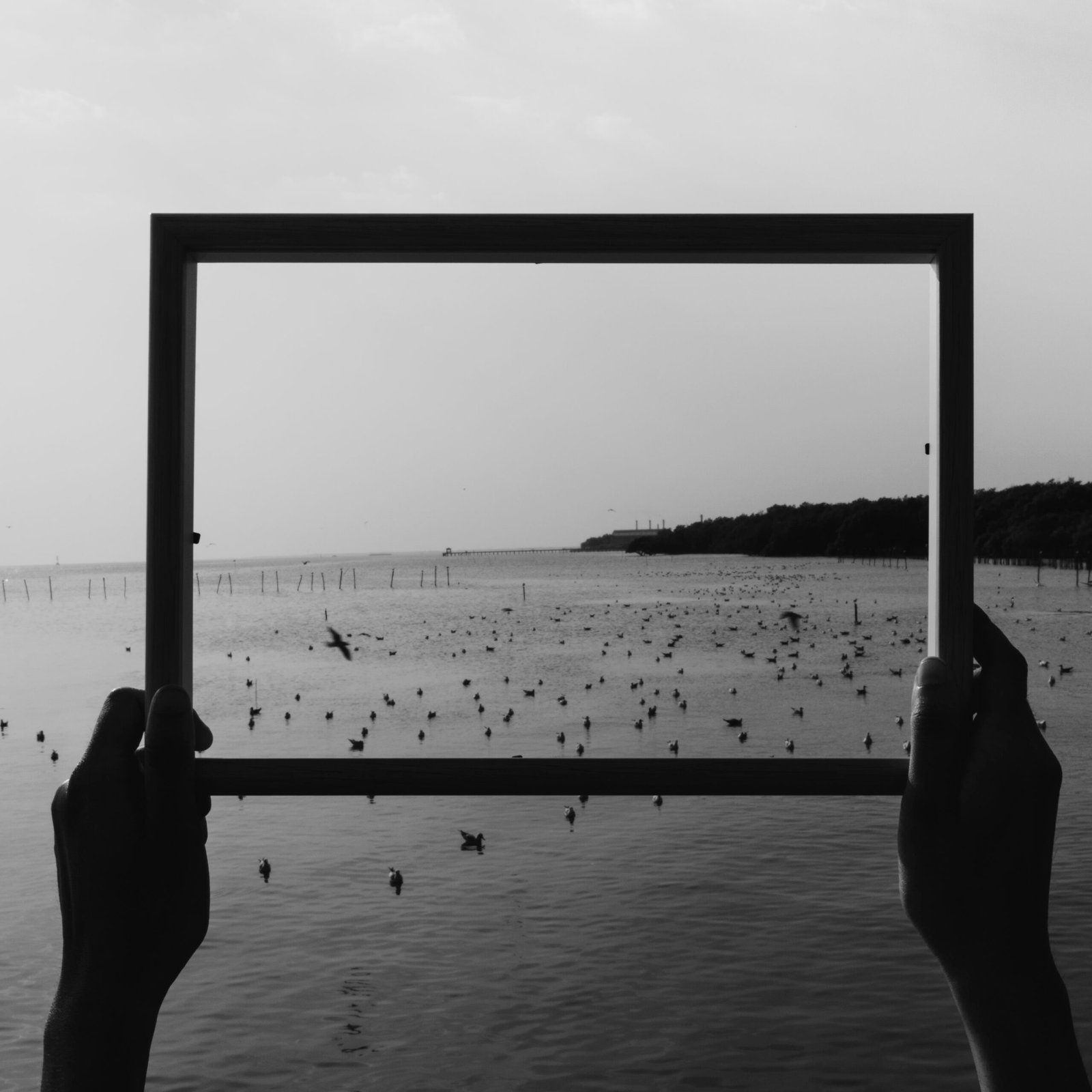They say time heals, but I don’t think that’s true. Time doesn’t heal—it helps you live with the pain. Sometimes, things even feel worse before they get better. Over time, some days hurt less than others, but the memories, the trauma, and the triggers don’t just disappear. They stay, lurking in the background, like shadows waiting for their moment.
When someone you love dies, you feel emptiness in a way you never imagined. It’s like a hole inside you that nothing can fill. You hope, as time goes on, that the emptiness will shrink or go away, but does it? It doesn’t. That doesn’t mean you can’t love again or that there’s no room for love in your life. Every love is different. But when you lose someone without a proper goodbye—when they’re just gone—it’s hard to find closure. Where do you even start to heal from that?
Escapism becomes an inevitable coping mechanism when you’re grieving, a way to create a temporary distance from the overwhelming emotions that threaten to swallow you whole. Sometimes, it feels like the only way to survive the crushing weight of grief is to escape, even if only for a few moments. Whether it’s recoiling into work, burying yourself in a book, or zoning out in front of a screen, these moments of distraction can be vital to getting through the day. The problem is, this disassociation often becomes misunderstood by those who haven’t experienced grief firsthand. To others, it may look like avoidance or indifference, but for those grieving, it’s simply a way to protect the heart and mind from becoming too consumed. When the anxiety hits, when the triggers bring the pain rushing back, sometimes the only way to cope is to disappear for a while. To those who haven’t lived it, it might seem strange or even unhealthy, but those who have experienced loss understand that sometimes you need to find a space where you can breathe again, even if it’s just for a moment. It’s a silent cry for relief, an unspoken desire to hold onto some semblance of normalcy while you navigate a world that feels anything but.
People will often say, “Let the dead rest in peace.” Sometimes, it’s meant to comfort, but other times, it feels hurtful. It’s often said to shut down your feelings, as if your pain isn’t valid anymore. It’s strange when people claim to know what the dead would want. How could they? None of us knows what happens after someone dies, yet we act like we do.
Then there’s the gatekeeping of grief. People act as if there’s a right or wrong way to grieve, as if some losses are more important than others. They compare grief, deciding who has the “right” to feel sad or for how long. But grief is not a competition, and it’s not something you can measure. Everyone’s pain is real, no matter what others think. We don’t get to decide whose loss hurts more or how someone should handle it.
Meanwhile, the ones left behind are struggling—with grief, anxiety, trauma, and triggers. The living are right here, hurting, but we’re told to “move on” or “let it go.” Why do we spend so much time worrying about the dead and so little caring for the people still here?
Grief is different for everyone. It depends on how close you were, the bond you shared, and so much more. But no one has the right to tell you how to grieve or how long it should take.
Remember: your pain is yours, and it’s okay to feel it. Don’t let anyone tell you how you should handle it. And even as you carry the weight of loss, remember to live. Life doesn’t stop because of grief. It keeps moving, and slowly, you learn how to move with it.
If you’re navigating complexities of grief and loss, may this festive season be kinder to you, and as the year draws to a close and a new one begins, remember that hope can be found in the smallest of things—a shared laugh, a quiet moment of reflection, or even a new tradition that brings a sense of comfort. Grief may never fully leave, but as time passes, you may find that the weight of it lightens just enough to allow room for new joys, new connections, and new beginnings. May you hold on to the hope that brighter days are ahead, where healing doesn’t mean forgetting, but learning to carry love in your heart while moving forward. The future is still unwritten and with each passing day, you have the opportunity to embrace it with hope, strength, and an open heart.
Through it all, remember to live!


